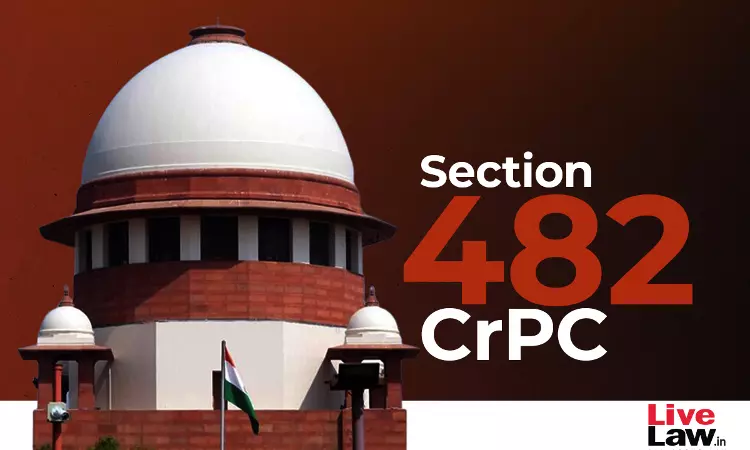S 482 CrPC - High Court Can Try To Read In Between The Lines While Considering Plea To Quash FIR : Supreme Court
Ashok KM
9 Aug 2023 12:06 PM IST

Next Story
9 Aug 2023 12:06 PM IST
The Supreme Court observed that, a High Court, while considering a petition seeking quashing of FIR/Criminal Proceedings under Section 482 CrPC, is empowered to take into account the overall circumstances leading to the initiation/registration of the case as well as the materials collected in the course of investigation."In frivolous or vexatious proceedings, the Court owes a duty to look...
